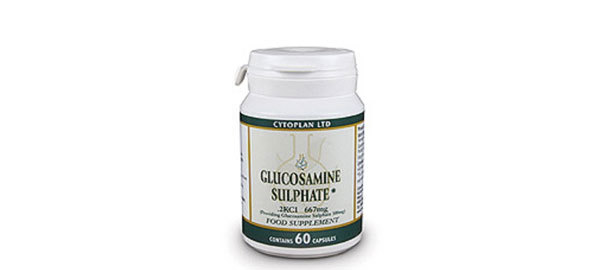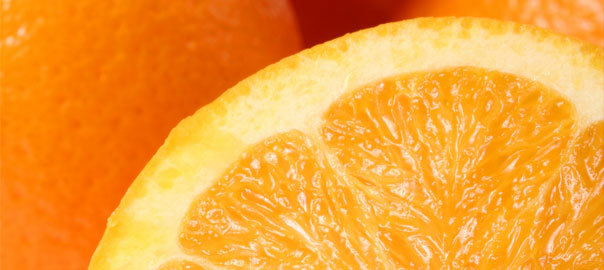With one in eight people feeling tired all the time, managing energy levels has become an important area of concern when looking at how we can optimise our health.
This week’s blog looks in detail at D-ribose, a crucial molecule in helping our body produce energy and whether supplementing with D-ribose can improve this process.
Last updated on 5th February 2025 by cytoffice





